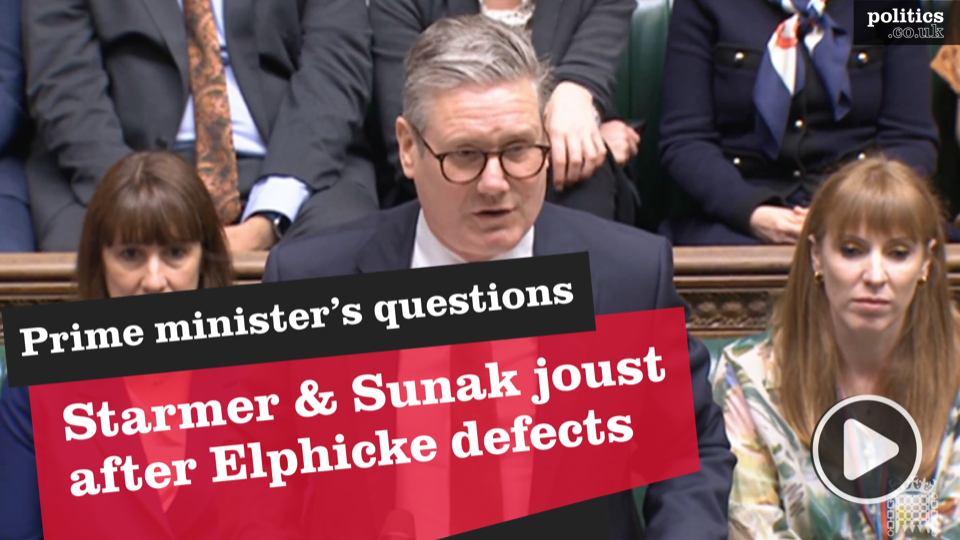Councils forced to collect more rubbish to curb fly-tipping
Households will no longer have to pay to get rid of DIY waste under plans set out by government to change the rules that currently allows some Local Authorities to charge for DIY waste from households. Under the proposals, household DIYers would not be charged to get rid of waste including plasterboards, bricks and bath units.
In 2015 the government banned backdoor charges on local residents disposing of household rubbish at household waste centres, and since then guidance has made clear that this includes DIY household waste.
However, around a third of Local Authorities still charge for certain types of DIY waste, using rules designed for construction waste. The changes outlined in a technical consultation published today will change this rule and could save households up to £10 for an individual item – for example, a sheet of plasterboard.
Fly-tipping poses a risk to public health and the environment, and costs up to £392 million a year.
Local authorities dealt with 1.13 million fly-tipping incidents in 2020/21, up by 16 per cent from 2019/20.
Alongside this, a call for evidence on the use of booking systems at recycling centres will be launched today – some of which were brought in when restrictions were imposed during the pandemic – amid concerns these could be making it harder for people to dispose of their waste and increasing the risk of fly-tipping.
Finally, a number of councils in England will also be awarded grants to tackle fly-tipping through trial projects, including CCTV to target hotspots.
Environment Minister Jo Churchill said: “When it comes to fly-tipping, enough is enough. These appalling incidents cost us £392 million a year and it is time to put a stop to them.
“I want to make sure that recycling and the correct disposal of rubbish is free, accessible and easy for householders. No one should be tempted to fly tip or turn to waste criminals and rogue operators.
“Furthermore, the funding that we have announced for Local Authorities today will help them trial innovative new projects to put a stop to fly tipping. We will learn from the successes – and replicate them.”
There were over 60,000 fly-tipping incidents with construction, demolition and excavation material in 2020/21, an increase of 18 per cent from 2019/20.
A number of local authorities charge for construction waste such as paving slabs and roofing materials, but the government is today consulting (LINK) on amending legislation so that householders cannot be charged for of DIY waste at recycling centres.
In addition, new council grants totalling £450,000 will help fund a range of projects such as the use of covert and overt CCTV cameras at hot-spot locations can help to reduce the numbers of people dumping waste illegally, while also providing further evidence to help identify those that continue to offend.
Buckinghamshire Council plans to use a combination of AI enabled Rapid Deployable Cameras (RDC) and Automatic Number Plate Recognition (ANPR) cameras to provide an alert to any visible left items at fly-tipping hotspots in real-time and link them to the vehicle that deposited them, allowing officers to rapidly investigate.










